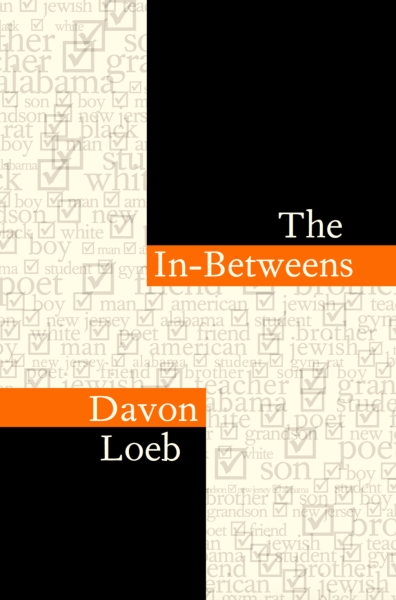How to replace Norfolk’s Confederate monument? One idea is to honor interracial marriage pioneers.Posted in Articles, History, Media Archive, Politics/Public Policy, United States, Virginia on 2020-09-12 21:57Z by Steven |
How to replace Norfolk’s Confederate monument? One idea is to honor interracial marriage pioneers.
The Virginian-Pilot
Norfolk, Virginia
2020-07-07
 Sean and Silena Chapman, with their 6-week-old son Kevin, support erecting a statue honoring the Lovings, the couple who successfully challenged Virginia’s interracial marriage ban in the 1960s, where Norfolk’s Confederate monument stood. As seen Tuesday, July 7, 2020. (Stephen M. Katz/The Virginian-Pilot) |
It’s June 12, 2020.
It’s been almost three weeks since Silena and Sean Chapman brought home their third baby, Kevin.
Silena, a doctor who specializes in caring for sick and premature infants, is full of energy and says she’s always getting into some idea or another.
Sean is reserved and gentle. He spends most of his days taking care of their two other young children. He’s getting ready to start a woodworking business out of the Chesapeake couple’s Great Bridge garage.
Early that morning in downtown Norfolk, a crane removes 16-foot-tall Johnny Reb, the bronze Confederate soldier who sat atop a city monument for 113 years.
Silena knows the statue well. She lived for years on College Place, just a few blocks from it…
Read the entire article here.


:focal(472x247:473x248)/https://public-media.si-cdn.com/filer/35/25/35254b4c-44e2-4fb1-90b7-05f34da13495/georgetown.png)

